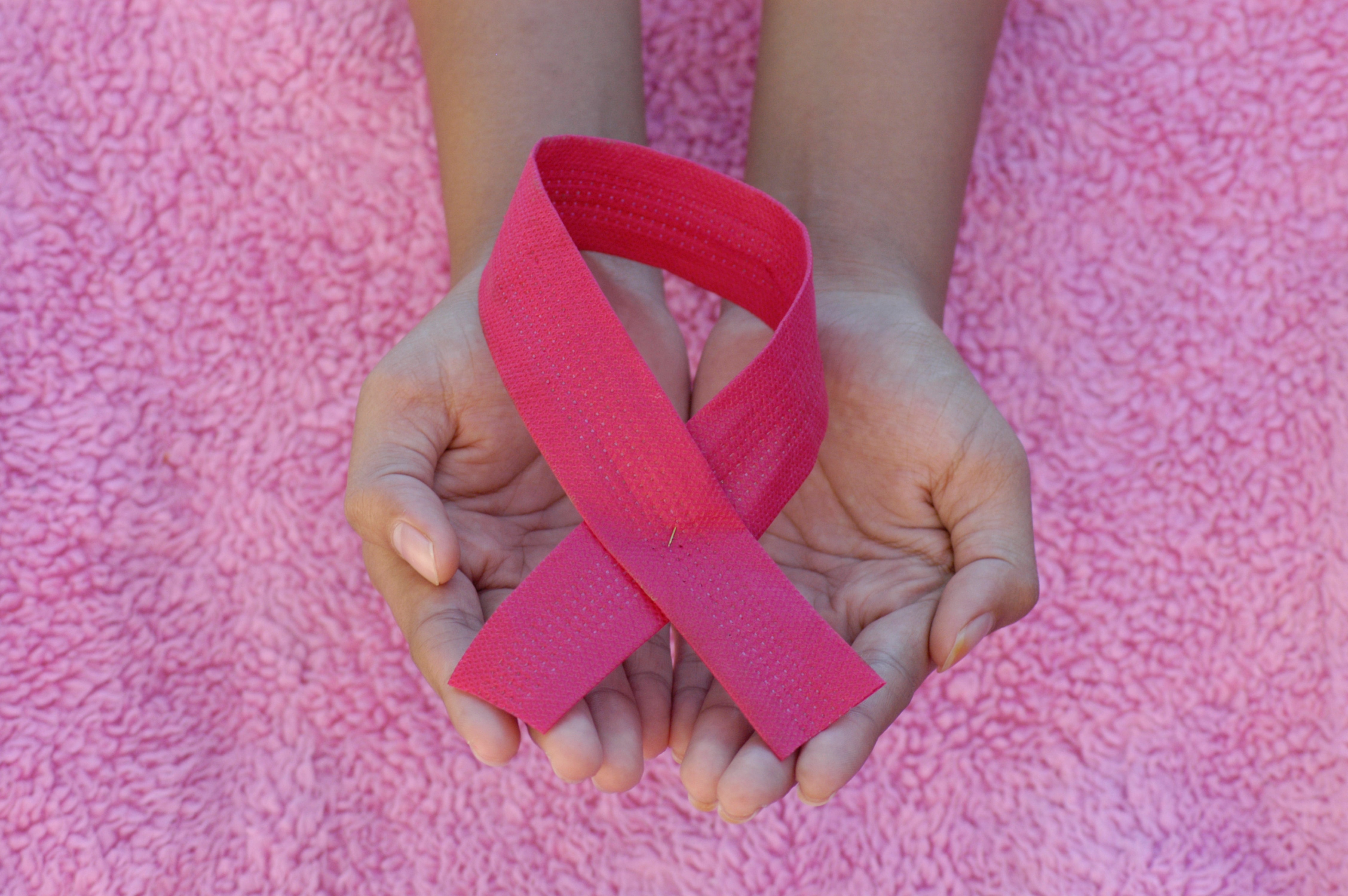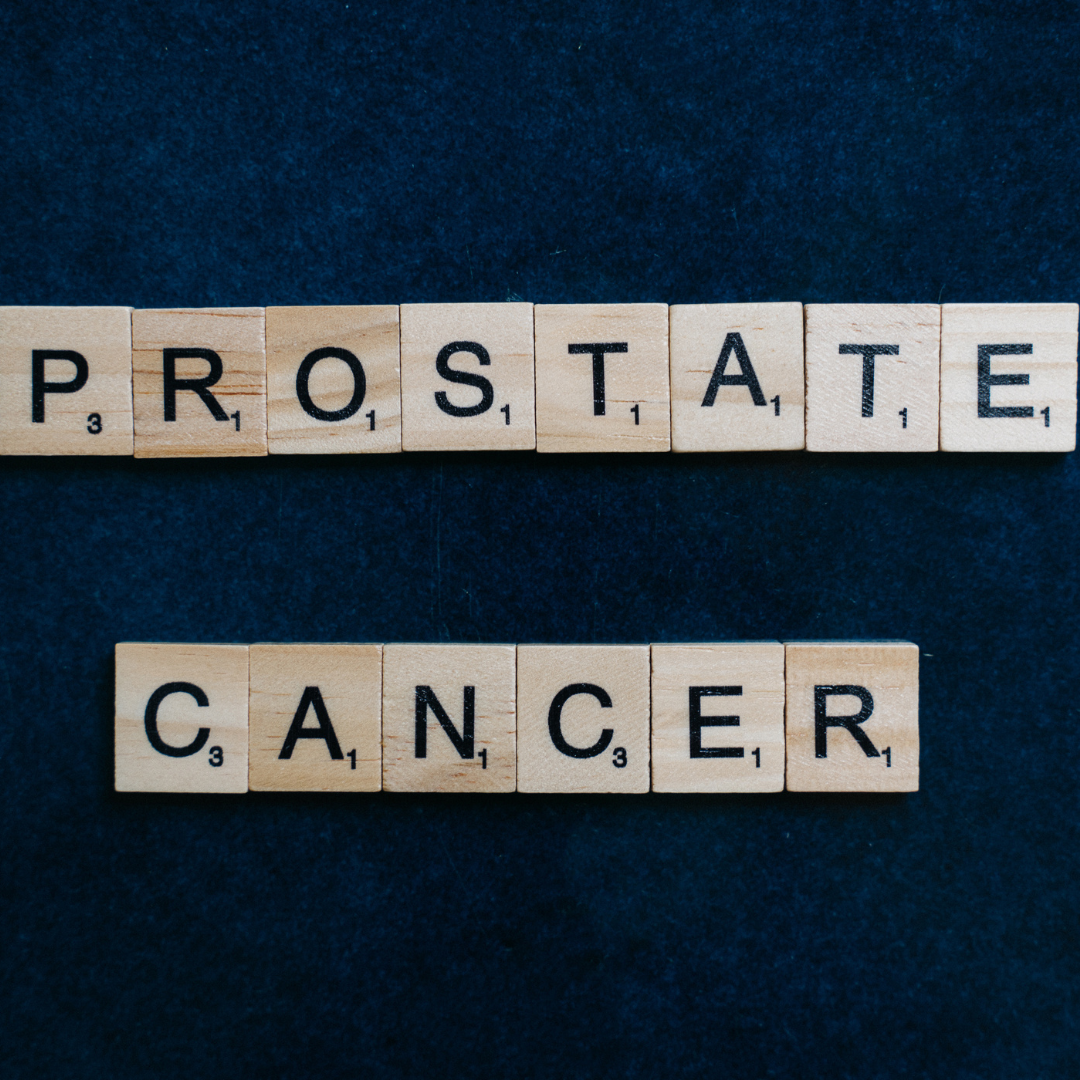The ultimate fight_against the Big C
More than one out of every 12 women will face a fiery fight against breast cancer. This is according to the most recent cancer studies. If chemotherapy and radiation are used to treat cancer, an estimated 90% of these women might survive but the treatment may have severe and permanent long-term side effects. This is not to mention immediate side effects such as fatigue, nausea, vomiting and hair loss. The fear of recurrence and spreading might be the biggest fear of all as some cancers, like ovarian cancer, have an 85% chance of recurrence.
Since 1989, immunology researchers have been studying alternative ways of treating cancer. Not only to reduce the side effects of the treatment but also to decrease the spread and recurrence rate.
Many targeted treatments are now available and many are still being tested.
These treatments use the body’s immune system to fight cancer. Studies have shown that the treatment of breast cancer with immunotherapy –such as Trastuzumab (Herceptin®) – increased not only the survival rate but 73.3% of patients remained cancer free for ten years thereafter.
Research into these treatments is costly, which results in extremely high retail costs, excluding the majority of cancer patients from receiving such treatment. One ampule of immunotherapy drug ranges from R9 000 to R45 000. A cancer patient will receive a minimum of 17 ampules during a treatment round. This cost does not include the administering or consultations and most medical aids, unfortunately, do not contribute towards immunotherapy/targeted therapy.

In an article in MAIL&GUARDIAN dated 9 February 2022, the fight against this excessive pricing was made public, stating that the Competition Commission has filed a referral to prosecute one specific multinational pharmaceutical company. According to this article, nearly 50% of the total number of newly diagnosed patients in the private and public healthcare sectors were unable to receive this treatment between 2011 and 2019. Even if a cancer patient receives treatment from the public sector, the cost is estimated at R160 000 for one year’s treatment.
Since targeted/immunotherapy is a highly specialised treatment, not every cancer patient might qualify for it. However, since 2011, the percentage of patients that qualify has grown from 1.54% to 43.63%.
In February 2021, PPS launched a market-first product called the EXACT Rider benefit. This rider benefit is added to a member’s Critical Illness Cover and provides cover if a member is a candidate for registered targeted/immunotherapy when diagnosed with cancer and the cancer is susceptible to such a treatment regime. The benefit is paid to the policyholder.
In June 2022, PPS paid our first EXACT Rider benefit claim to a 40-year-old female member diagnosed with stage 2 HER2-positive breast cancer. In a quick conversation with her, I realised that cancer does not discriminate between good or evil, rich or poor, strong or weak, young or old. None of us can say without a doubt that cancer will never turn your life upside down. For the first time in the fight against the Big C, PPS can be there to give members the upper hand.
The EXACT Rider benefit is an optional rider benefit that can be added to the main Critical Illness Cover. This benefit is fully underwritten, loadings and exclusions may be applied.
Click here to learn more about targeted therapy and the EXACT Rider benefit.
By Driensie Coetzee, Technical Marketing Specialist
PPS is a licensed Insurer conducting life insurance business, a licensed controlling company and an authorised FSP.
Business Brief Articles
https://www.pps.co.za/business-brief/ultimate-fightagainst-big-c







